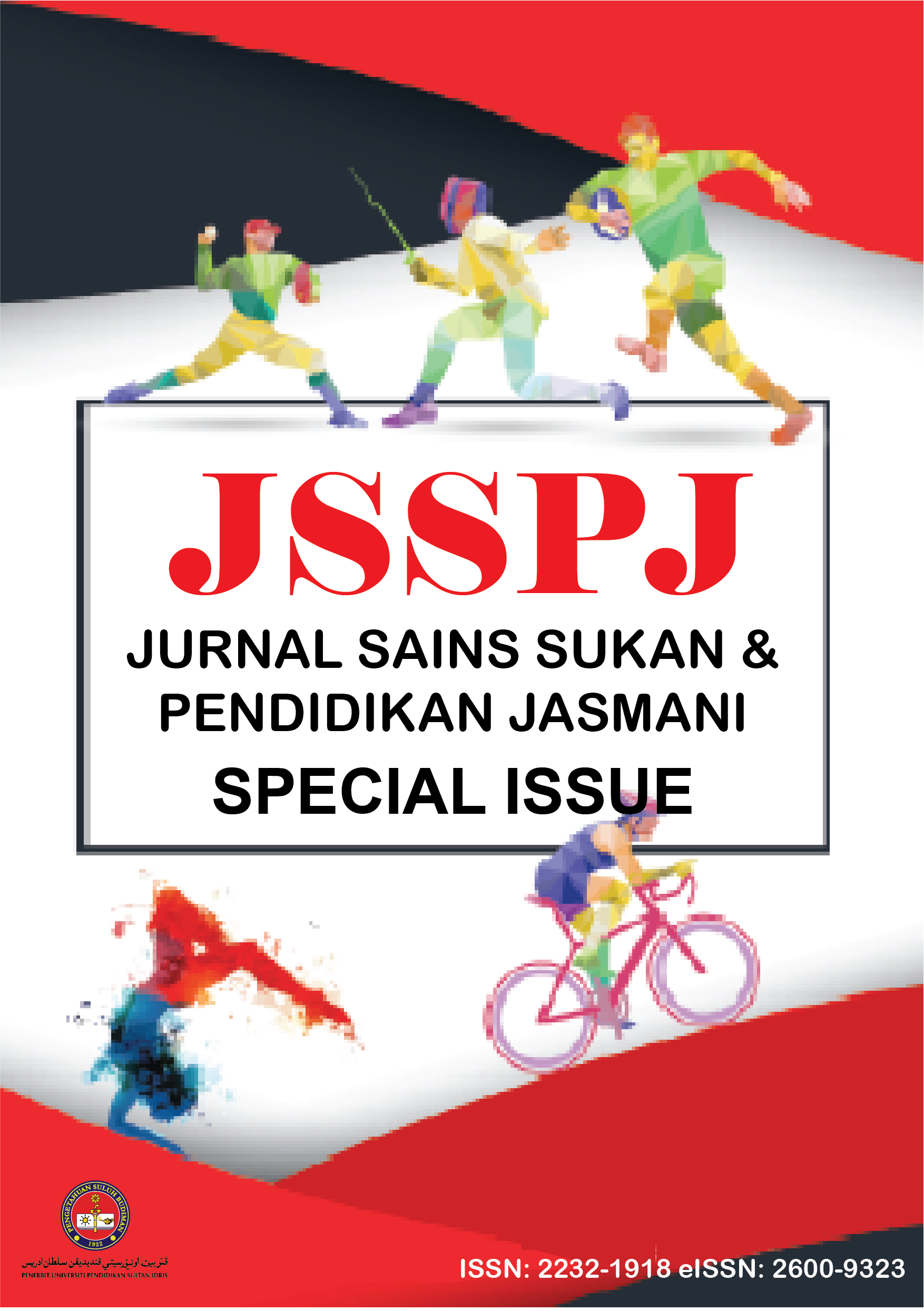Exploring the development and impact of taijiquan in Malaysia: A qualitative study
DOI:
https://doi.org/10.37134/jsspj.vol13.sp.4.2024Keywords:
Taijiquan, Malaysia, Development and Impact, Qualitative AnalysisAbstract
Taijiquan, which originated from ancient Chinese martial arts, has evolved into a globally recognized practice and serves as both a method for fitness and self-cultivation. In Malaysia, a country renowned for its ethnic and cultural diversity, Taijiquan is viewed as a means of physical and mental regulation, acting as a cultural bridge that fosters harmonious interactions among different races and cultures. This study adopts a qualitative research methodology, utilizing semi-structured interviews with professionals who have been deeply involved in Taijiquan in Malaysia for many years. Through qualitative analysis and the use of NVivo software, thematic and content analyses were conducted to examine the development and dissemination of Taijiquan in Malaysia. The findings indicate that experts hold diverse views on balancing cultural preservation with innovation, highlighting the importance of maintaining Taijiquan's traditional essence while adapting to the demands of modern society. The promotion of Taijiquan in Malaysia is shaped by several factors, including limited government support, a shortage of qualified instructors, and the challenges posed by contemporary lifestyles.
Downloads
References
Allsop, D. B., Chelladurai, J. M., Kimball, E. R., Marks, L. D., & Hendricks, J. J. (2022). Qualitative methods with Nvivo software: A practical guide for analyzing qualitative data. Psych, 4(2), 142-159.
Chua, P. T., Crivella, R., Daly, B., Hu, N., Schaaf, R., Ventura, D., ... & Pausch, R. (2003, March). Training for physical tasks in virtual environments: Taijiquan. In IEEE Virtual Reality, 2003. Proceedings. (pp. 87-94). IEEE.
Guo, Y., Qiu, P., & Liu, T. (2014). Tai Ji Quan: an overview of its history, health benefits, and cultural value. Journal of Sport and Health Science, 3(1), 3-8.
Guo, Z., & Ma, X. (2012). Research on the construction of the international development system of Taijiquan. Journal of Handan University, (03), 90-96. 2012-03-021.
Huang, J., & Yang, G. (2023). Research on the international dissemination model of Taijiquan. Martial Arts Studies, (01), 5-8+21.
Li, X., Yang, G., & Wang, Q. (2011). The dissemination and development of Taijiquan in Malaysia: A case study on the development of the Wong Taijiquan Association in Malaysia. Combat & Sports Forum, (5).
Qi, F., Soh, K. G., Mohd Nasirudddin, N. J., & Mai, Y. (2022). Effects of Taichi on physical and psychological health of college students: A systematic review. Frontiers in Physiology, 13, 1008604.
Xiujie, M., Jennings, G., & Brown, D. (2022). Diffusion, transformation and hybridization: Taijiquan body culture in the United Kingdom. Communication and Critical/Cultural Studies, 19(4), 402-420.
Yang, G. Y., Sabag, A., Hao, W. L., Zhang, L. N., Jia, M. X., Dai, N., ... & Bensoussan, A. (2021). Taijiquan for health and well-being: A bibliometric analysis of published clinical studies between 2010 and 2020. Complementary therapies in medicine, 60, 102748.
Downloads
Published
How to Cite
Issue
Section
License
Copyright (c) 2024 Jianhui Duan, Thariq Khan Azizuddin Khan, Mon Redee Sut Txi, Mazuki Mohd Yasim

This work is licensed under a Creative Commons Attribution-NonCommercial-ShareAlike 4.0 International License.





